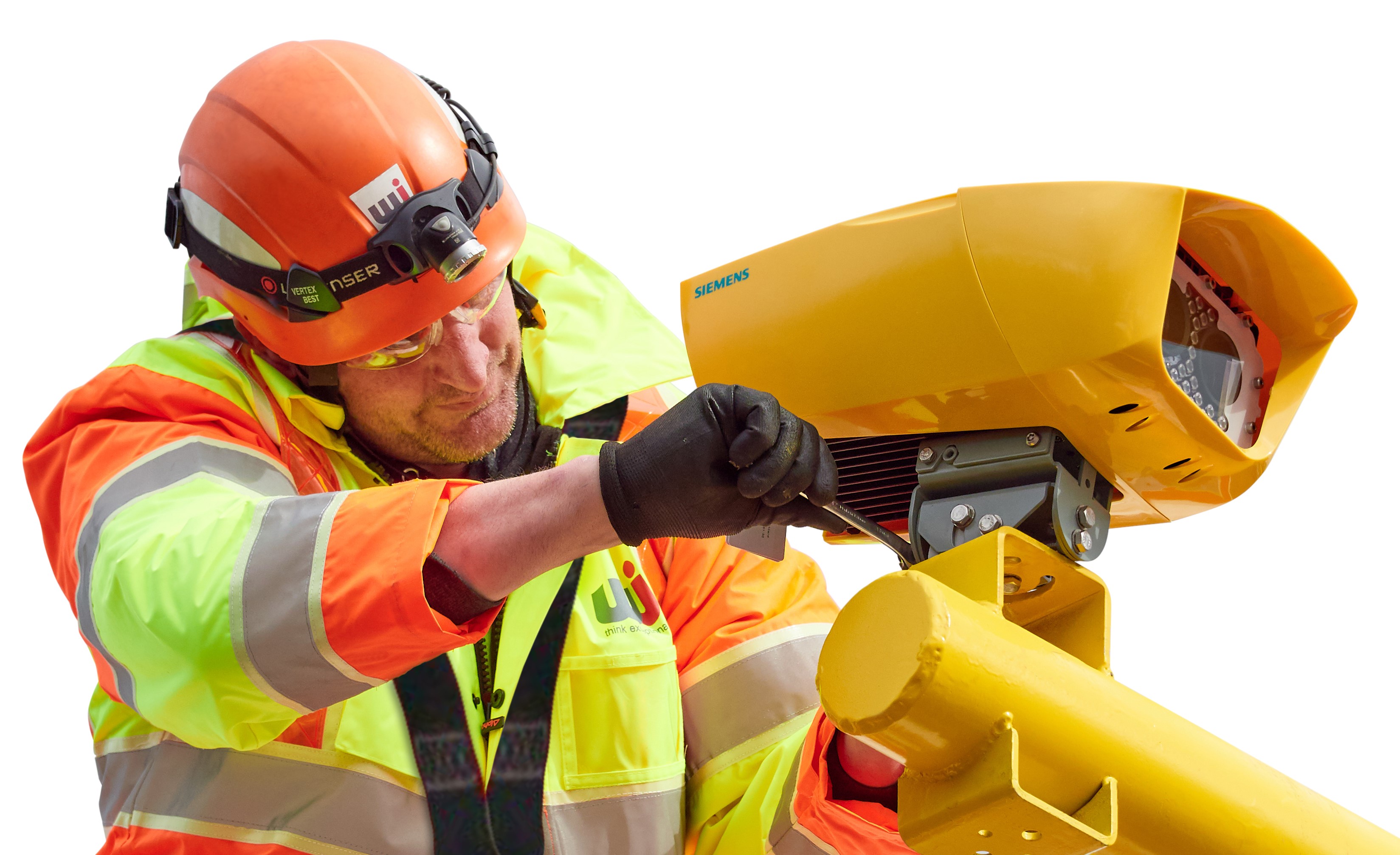SafeZone, Siemens’ approach to average speed enforcement, has been approved for deployment in the UK by the Home Office. Designed, developed and manufactured by Siemens, SafeZone is a modular system which combines ANPR technology with advanced data processing and back-office systems. It uses the company’s Sicore cameras each of which can monitor two lanes of traffic in both directions, dramatically reducing the cost of deployment and system complexity.
SafeZone, 189 Siemens’ approach to average speed enforcement, has been approved for deployment in the UK by the Home Office. Designed, developed and manufactured by Siemens, SafeZone is a modular system which combines ANPR technology with advanced data processing and back-office systems. It uses the company’s Sicore cameras each of which can monitor two lanes of traffic in both directions, dramatically reducing the cost of deployment and system complexity.
Siemens says that minimal infrastructure, wireless communications and compact cameras means that a system can be continually re-deployed into other areas. In terms of evidential security, the company claims SafeZone pushes encryption technology past any other current speed camera: the system uses three layers of encryption to ensure that the data transferred to the remote instation is secure.
Significantly, the distance between each camera outstation has been approved to a minimum of just 75 metres, which means that average speed can be deployed as an effective alternative to existing analogue fixed speed camera sites and for larger deployment in networks and urban zones.
Siemens says that minimal infrastructure, wireless communications and compact cameras means that a system can be continually re-deployed into other areas. In terms of evidential security, the company claims SafeZone pushes encryption technology past any other current speed camera: the system uses three layers of encryption to ensure that the data transferred to the remote instation is secure.
Significantly, the distance between each camera outstation has been approved to a minimum of just 75 metres, which means that average speed can be deployed as an effective alternative to existing analogue fixed speed camera sites and for larger deployment in networks and urban zones.








